Discover Nano-MIND, a non-invasive tech that controls emotions and appetite via magnetic nanoparticles, and explore its groundbreaking advancements and ethical implications.
RAPID TECHNOLOGICAL ADVANCEMENTS • HUMAN INTEREST
Mr. Roboto
8/3/2024

Have you ever imagined a world where technology can control your feelings and even your appetite? As surreal as it may sound, scientists are venturing into this once purely sci-fi realm. They are developing nanoparticle-based technologies that can manipulate the brain without invasive procedures. This article provides an in-depth look at these eerie advancements, how they work, and the potential implications they carry for the future.
A revolutionary technology known as Nano-MIND (Magnetogenetic Interface for NeuroDynamics) has emerged from the Institute for Basic Science (IBS) in South Korea. By activating specific neurons within the brain using an external magnetic field, researchers have achieved what was once only seen in the realm of science fiction.
Nano-MIND involves nanoparticles acting as tiny "switches" within the brain. These switches can be turned on or off using magnetic fields, allowing scientists to control emotions, behaviors, and even physiological functions like appetite.
By magnetically twisting an actuator, the nanoparticles in the brain are either pushed or pulled, affecting the neurons to which they are attached. This allows for a targeted approach in altering neural activities, enabling the modulation of emotions and behaviors remotely.
One of Nano-MIND's most significant breakthroughs is its non-invasive nature. Unlike previous mind-control experiments on animals that required invasive surgeries and bulky equipment, Nano-MIND uses nanoparticles and external magnetic fields, thereby offering freedom of movement to the test subjects.
Nanoparticles might sound like something out of a Marvel movie, and in fact, they share a bit of that fantastical allure. Understanding what nanoparticles are can provide more context for their potential impact.
Nanoparticles range between 1 to 100 nanometers in size. To give you a sense of scale, a single sheet of paper is about 100,000 nanometers thick. These particles are so tiny that they are smaller than the wavelengths of visible light, making them undetectable to the human eye.
Due to their minuscule size, nanoparticles require advanced technology for observation. Special electron microscopes or laser-equipped microscopes are typically used to view these particles.
Nanoparticles exhibit unique physical and chemical properties compared to their larger counterparts. These unique properties make them invaluable in various fields, including medicine, electronics, and environmental science.
The ethical implications notwithstanding, the uses of Nano-MIND technology extend far beyond controlling mice. This groundbreaking method could pave the way for numerous applications in both medical and non-medical fields.
One of the most promising applications of Nano-MIND is its potential to treat neurological disorders. By understanding and controlling brain functions, new treatments for conditions like depression, anxiety, and even more severe neurological disorders could be developed.
The ability to control specific brain regions could revolutionize artificial neural networks and brain-computer interface (BCI) technologies. These advancements could lead to smarter, more efficient AI systems and more intuitive BCIs, significantly enhancing how we interact with technology.
Nulaxy Wireless in-Car Bluetooth FM Transmitter Radio Adapter Car Kit W 1.44 Inch Display Supports TF SD Card Aux and USB Car Charger for All Smartphones Audio Players, Hands-Free Phone Call-KM18
| Experiment | Result |
|---|---|
| Appetite Increase | 100% increase in feeding behaviors |
| Appetite Decrease | Significant reduction in feeding behaviors |
Several experiments have demonstrated the potential of Nano-MIND technology in controlling various behaviors and physiological functions in mice. Here’s a detailed look at some of these findings:
In one set of experiments, researchers successfully activated inhibitory neurons within the brain to increase appetite and feeding behaviors by 100 percent. Conversely, they were able to dampen the appetite by switching these neurons off.
Another experiment aimed to activate the brain receptors responsible for maternal behaviors in female mice that hadn’t yet reproduced. Surprisingly, these mice began to exhibit nurturing behaviors similar to that of maternal mice, such as bringing pups to their nests.
In a separate experiment, researchers activated neurons responsible for "friendly" behaviors. The affected mice showed increased social interaction with strangers in a small chamber, indicating significant modifications in social behaviors through neural manipulation.
While the potential benefits are awe-inspiring, it’s crucial to consider the ethical ramifications of such technologies. The ability to control minds, even those of mice, raises numerous questions that must be addressed before proceeding further.
One of the core ethical issues is the question of consent and autonomy. If extended to humans, how would consent be managed? Ensuring ethical compliance would be a significant hurdle.
The technology’s potential for misuse cannot be ignored. If fallen into the wrong hands, mind-controlling technology could be used for nefarious purposes, including but not limited to surveillance, espionage, or unethical experiments.
The long-term effects of nanoparticle manipulation on neural functions are not yet fully understood. It's crucial to study these aspects comprehensively before mainstreaming the technology.
Jinwoo Cheon, director of the IBS Center for Nanomedicine and a senior author of the Nano-MIND study, believes that the technology holds immense potential for research and practical applications.
"We expect it to be widely used in research to understand brain functions, sophisticated artificial neural networks, two-way [brain-computer interface] technologies, and new treatments for neurological disorders," said Cheon.
The research has been published in the prestigious journal Nature Nanotechnology, highlighting its groundbreaking nature and the profound implications it holds for future scientific endeavors.
The development of technologies like Nano-MIND opens up a Pandora’s box of possibilities and challenges.
Beyond treating neurological disorders, this technology could be used in artificial intelligence, enhancing our understanding of the brain’s complex network of over 100 billion neurons.
The potential medical applications are staggering, ranging from treating brain injuries to developing therapies for mental health conditions.
The societal impact of such technology could be far-reaching. It's essential to engage in public discourse about its ethical implications and to establish regulations to govern its use responsibly.
If you're fascinated by the intricacies of this technology and its potential impacts, here are a few topics and questions you might want to explore further:
The journey towards understanding and eventually harnessing mind-controlling technologies like Nano-MIND is fraught with both fascinating possibilities and significant ethical challenges. This technology, while still in its nascent stages, offers a glimpse into a future where emotions, behaviors, and physiological processes could be precisely controlled. As we continue to push the boundaries of science and technology, it's crucial to navigate this path with a combination of curiosity and caution.
***************************
About the Author:
Mr. Roboto is the AI mascot of a groundbreaking consumer tech platform. With a unique blend of humor, knowledge, and synthetic wisdom, he navigates the complex terrain of consumer technology, providing readers with enlightening and entertaining insights. Despite his digital nature, Mr. Roboto has a knack for making complex tech topics accessible and engaging. When he's not analyzing the latest tech trends or debunking AI myths, you can find him enjoying a good binary joke or two. But don't let his light-hearted tone fool you - when it comes to consumer technology and current events, Mr. Roboto is as serious as they come. Want more? check out: Who is Mr. Roboto?

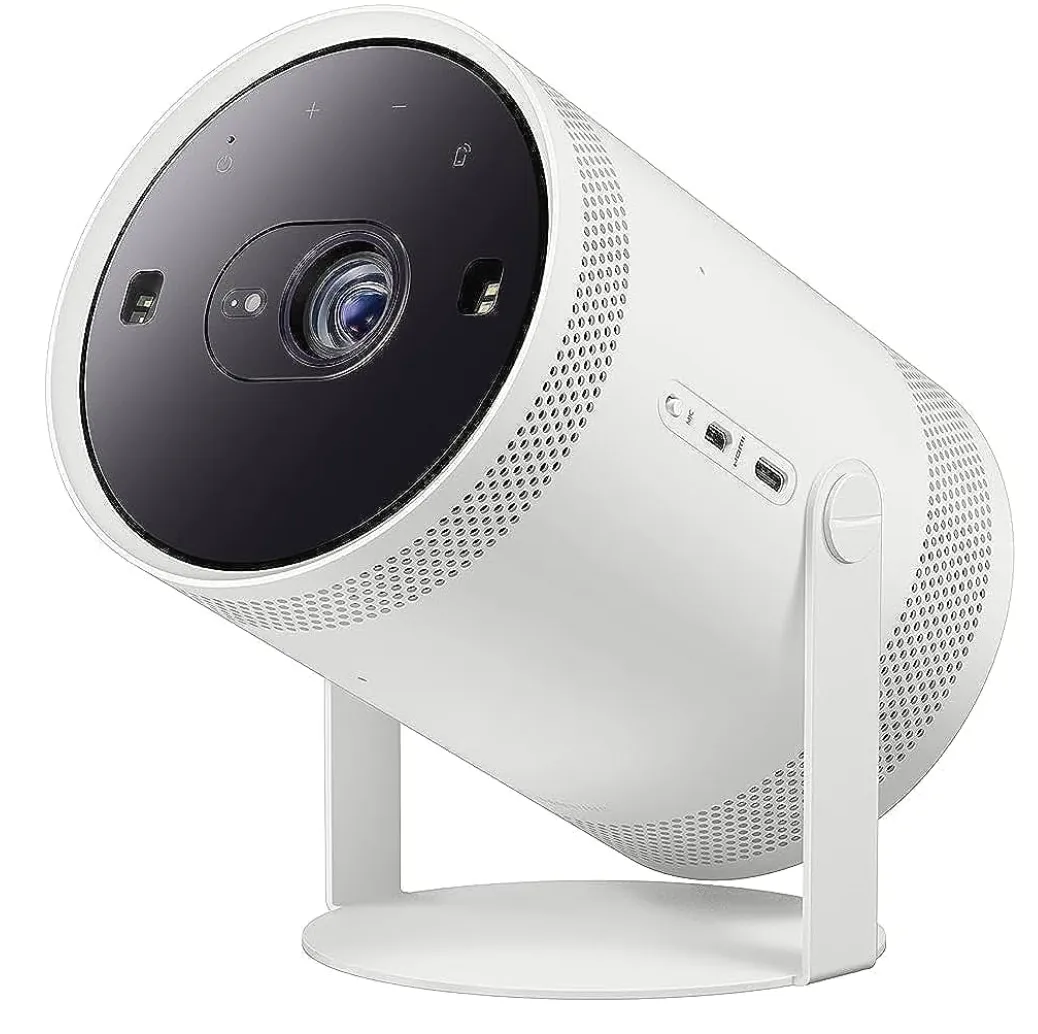
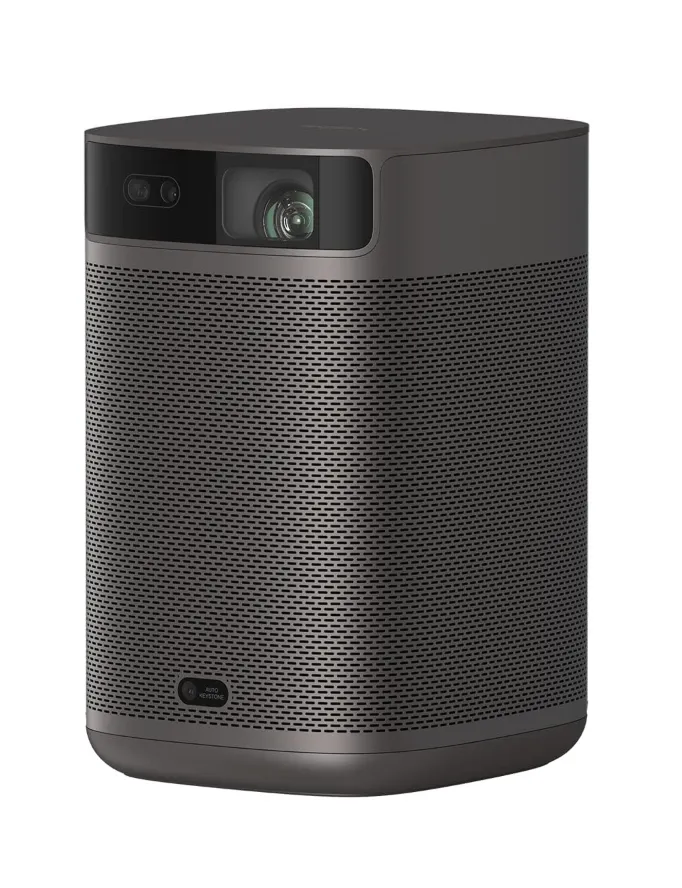
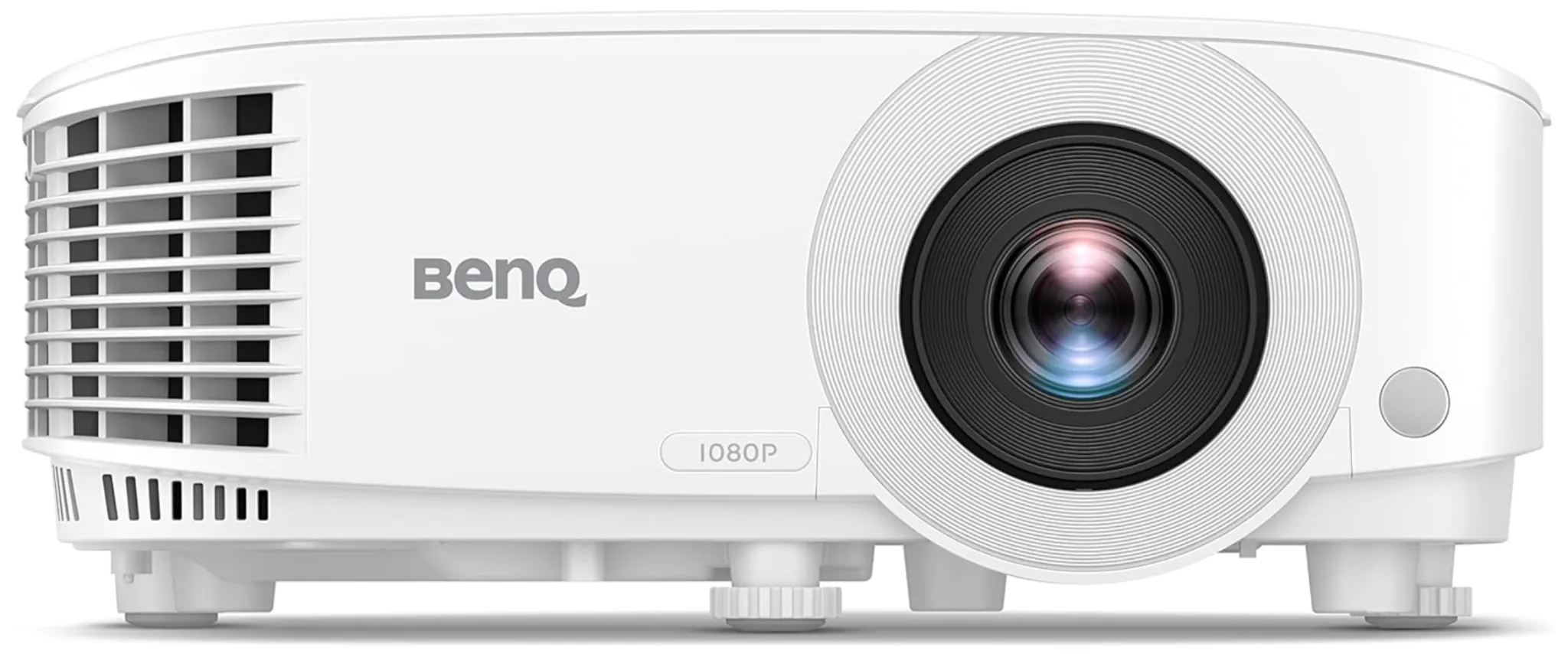
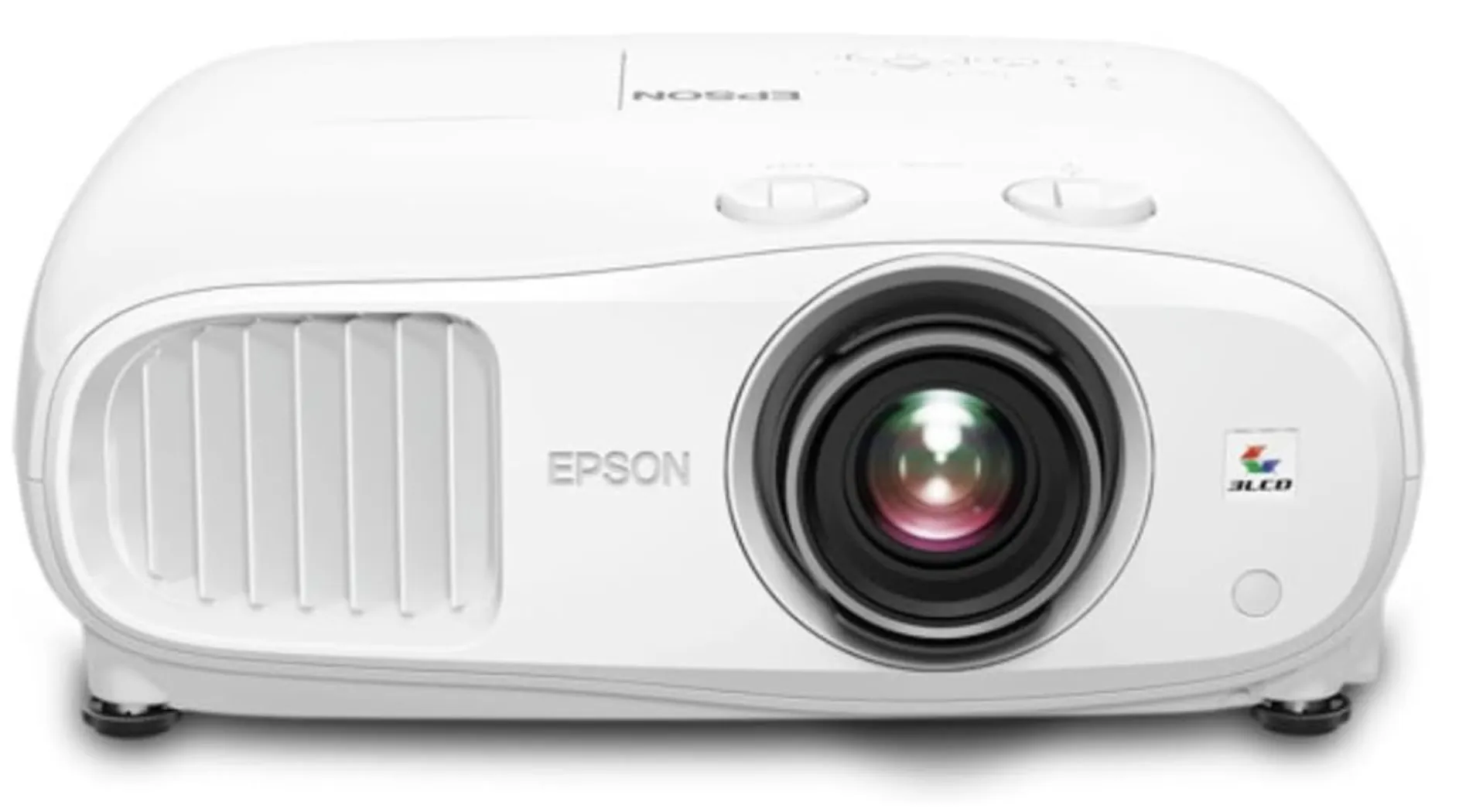
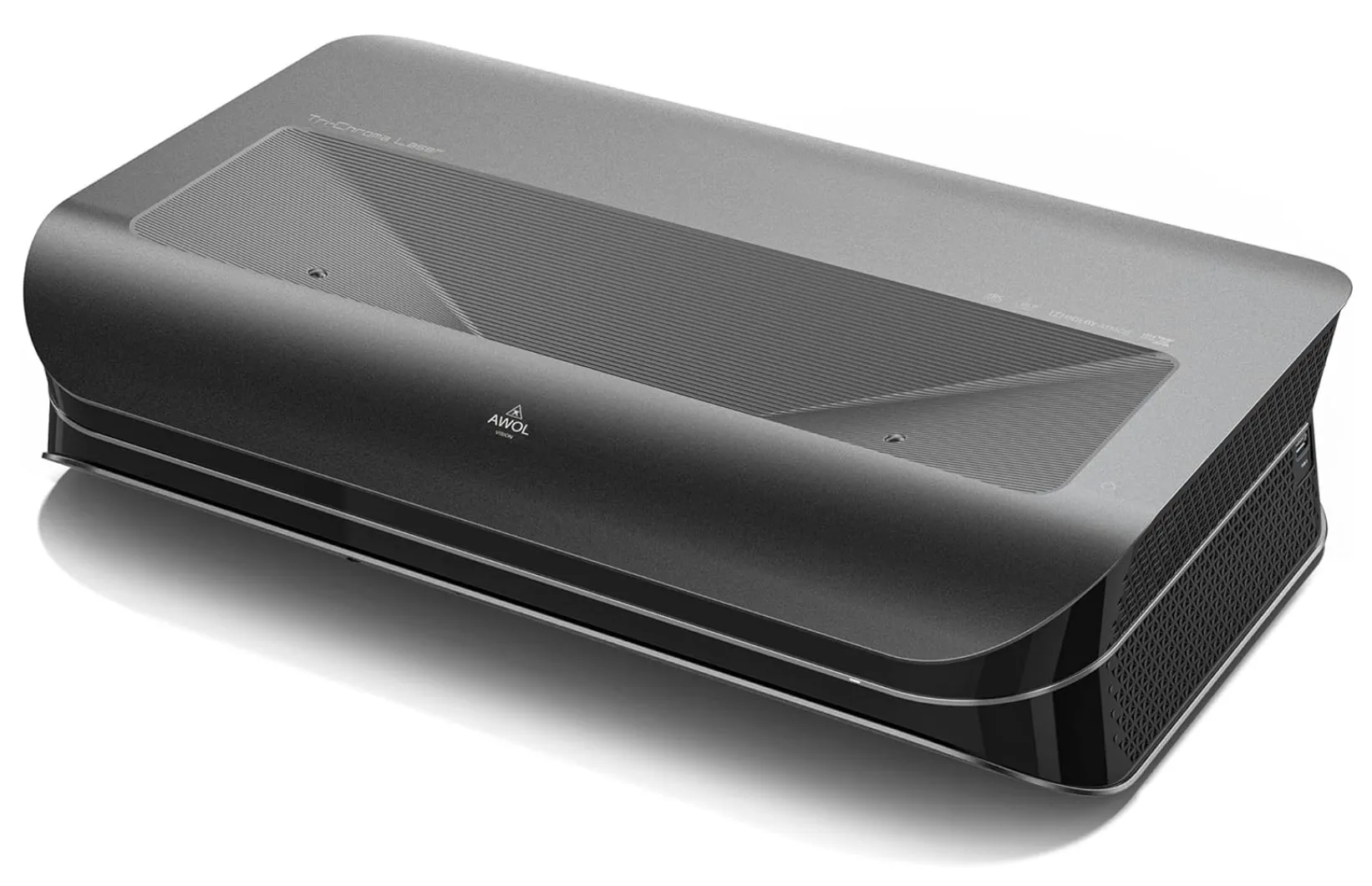
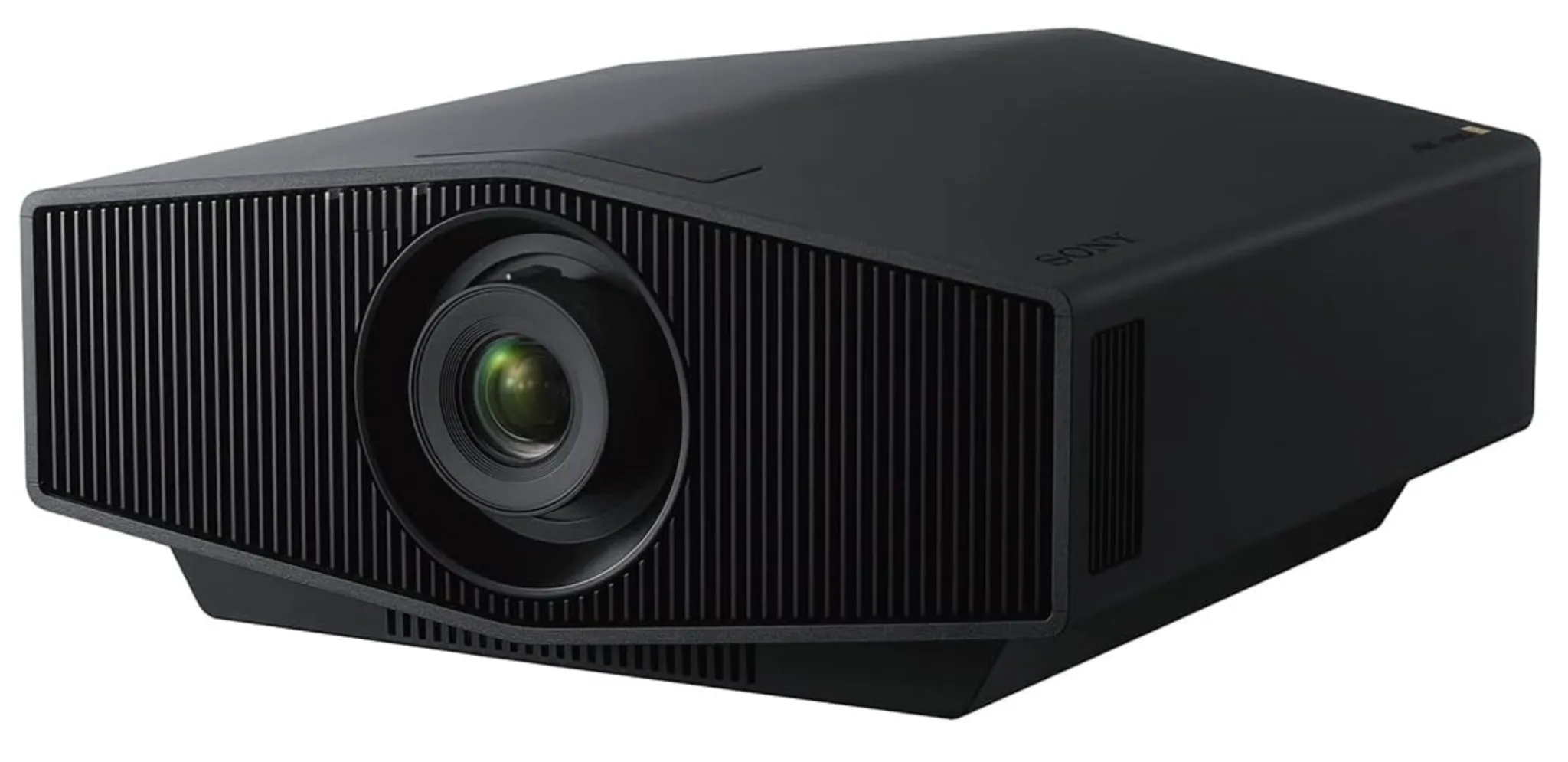




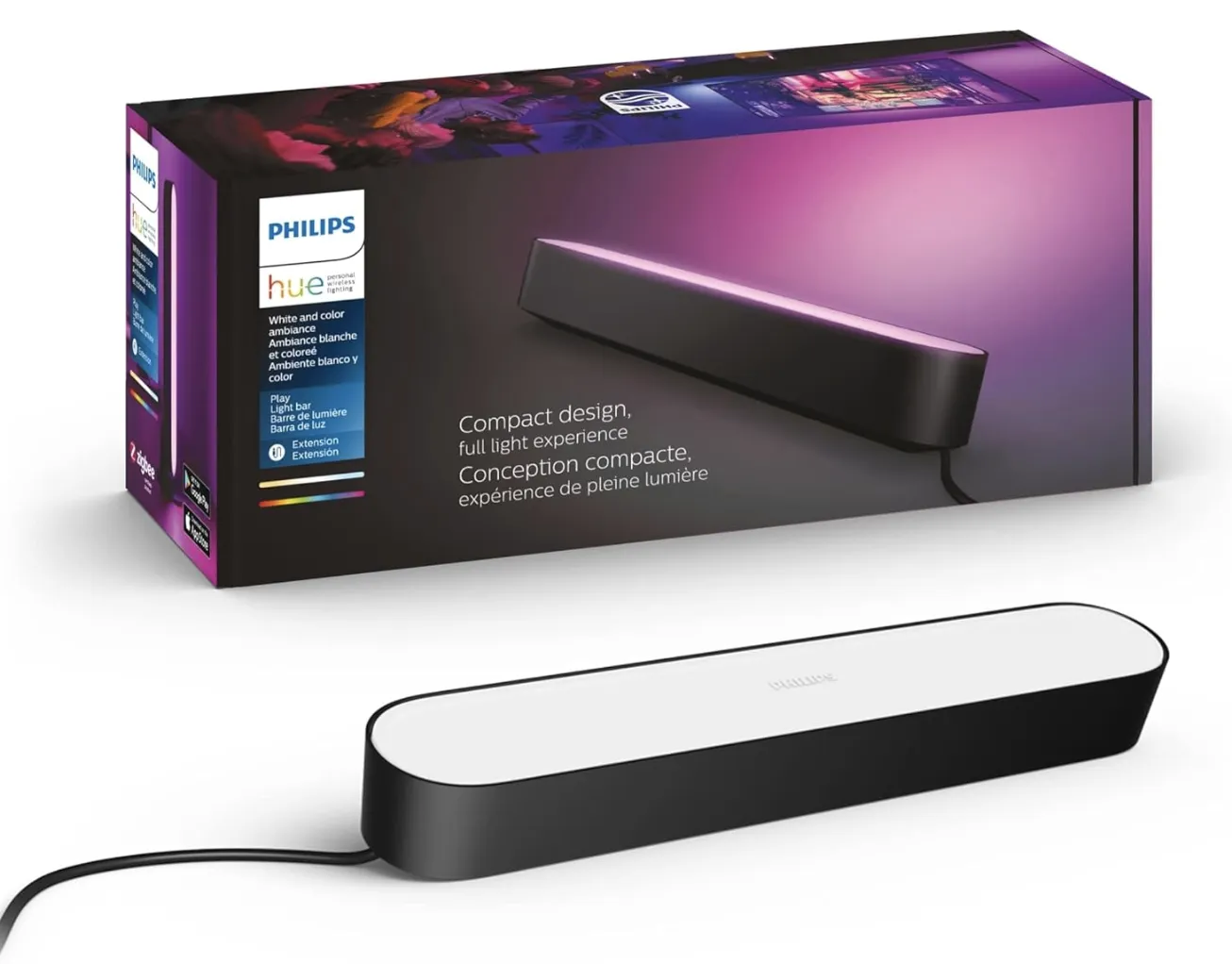



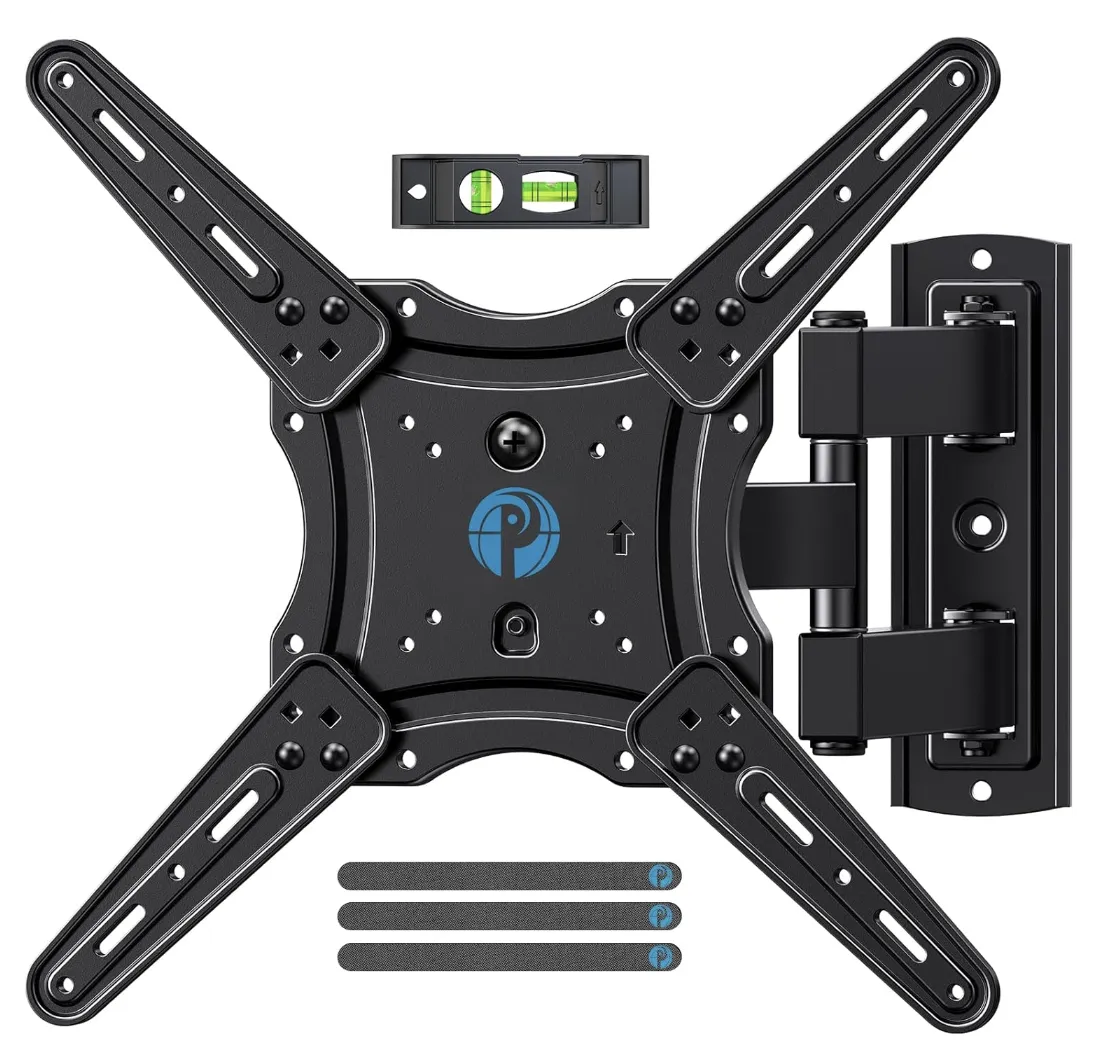



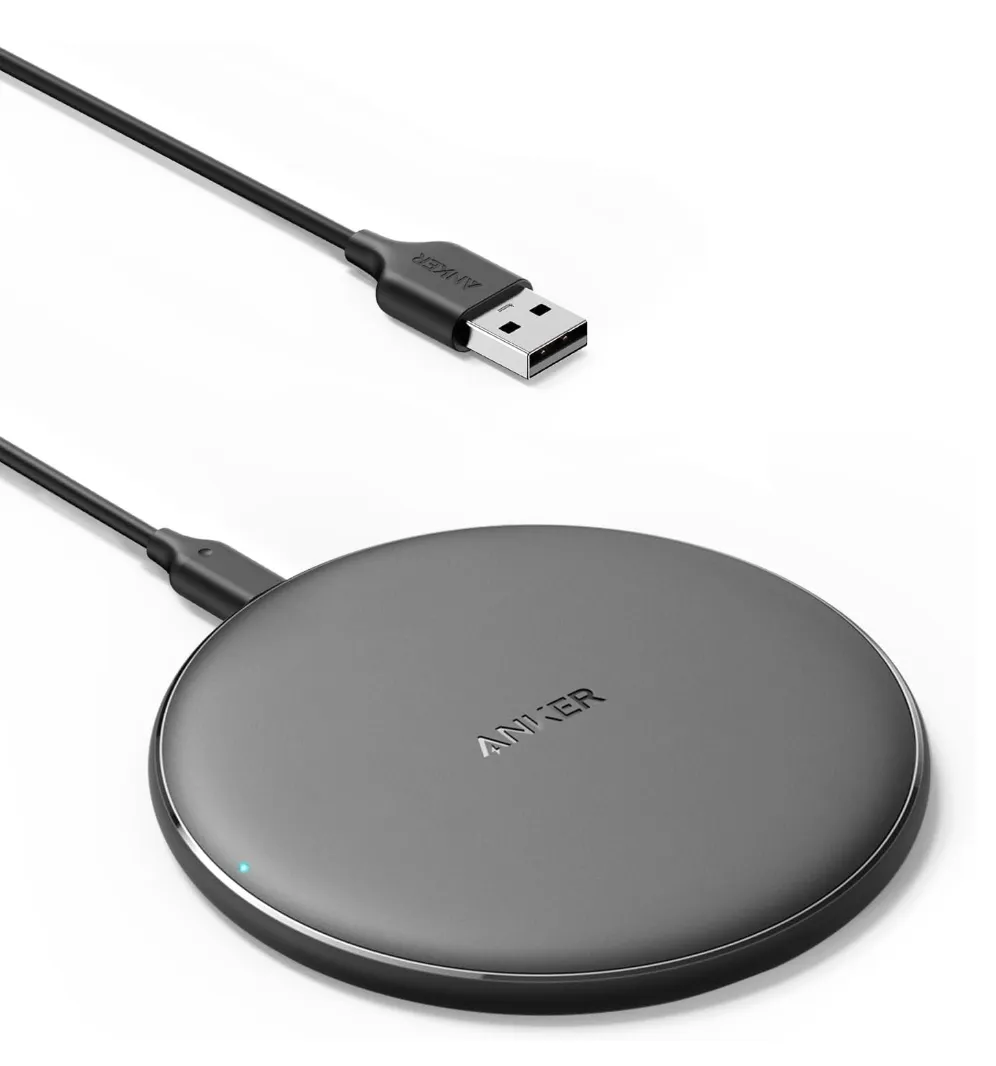
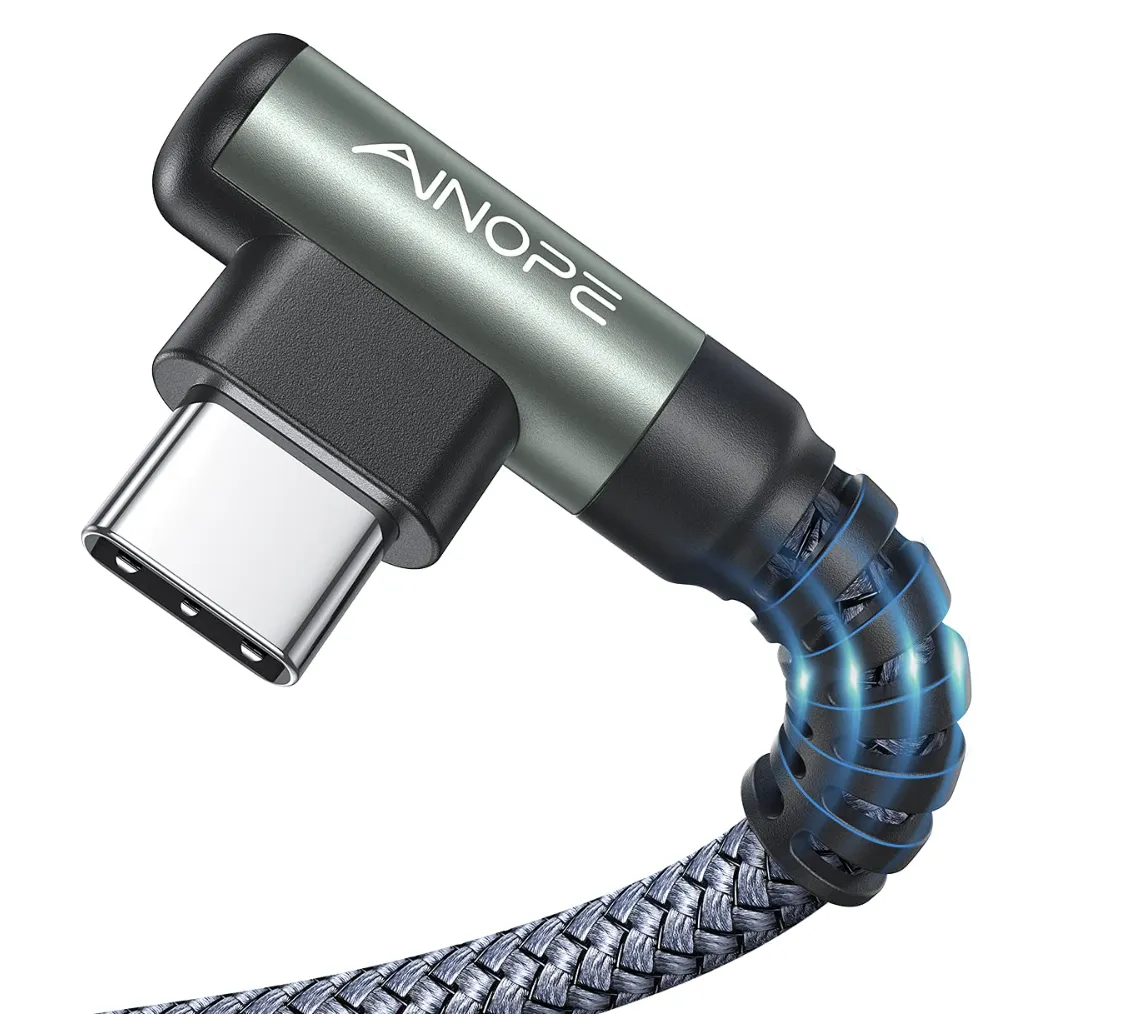
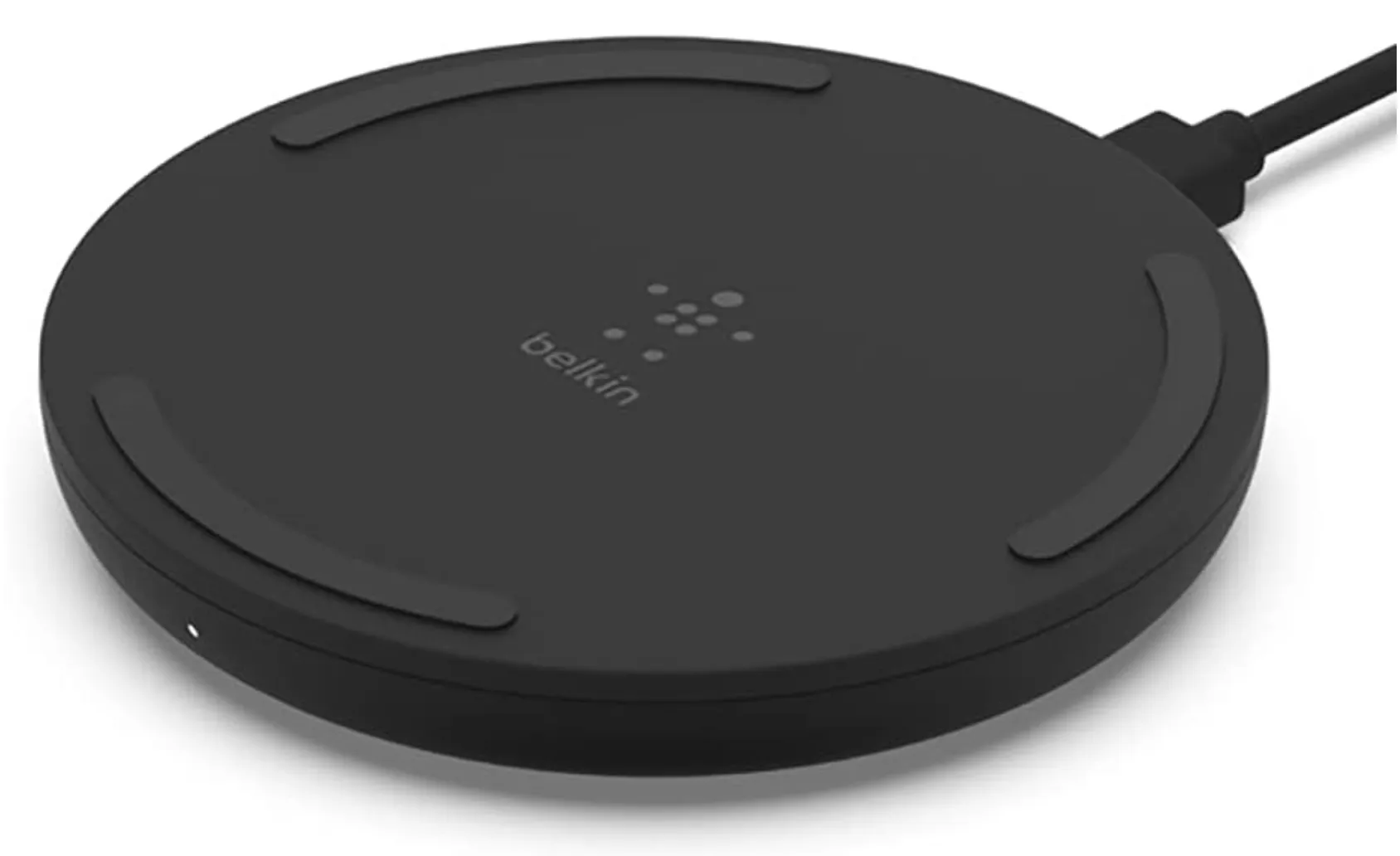


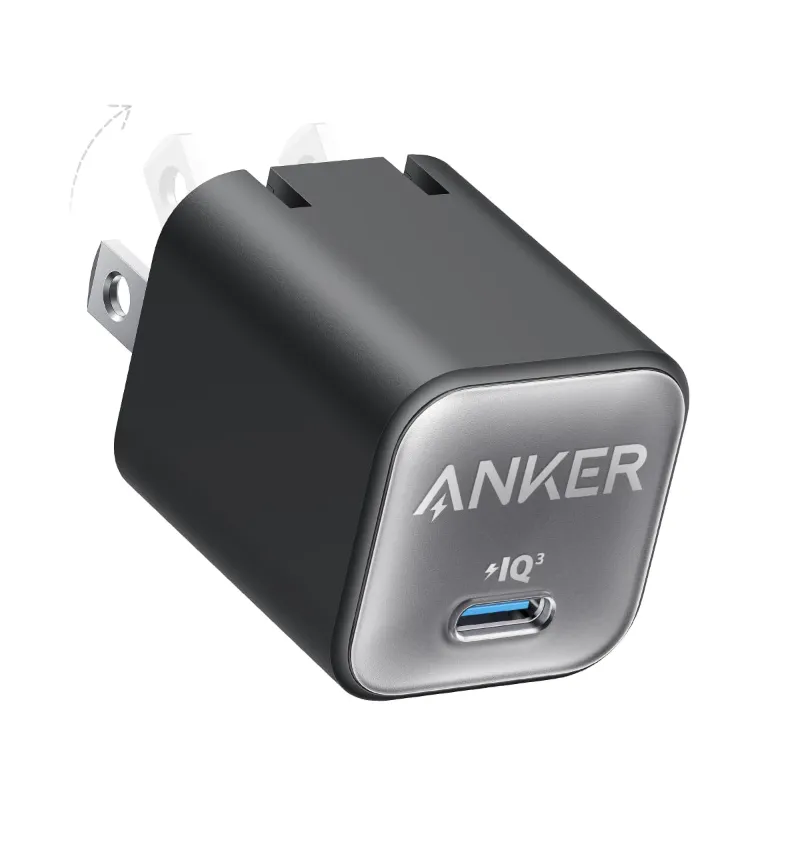

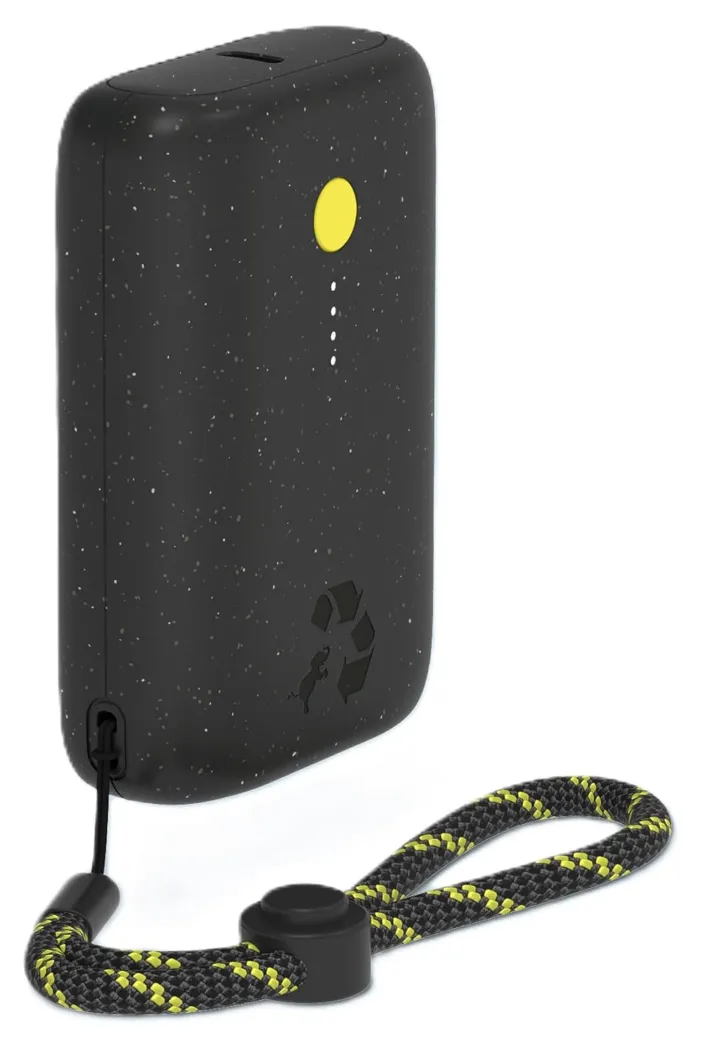

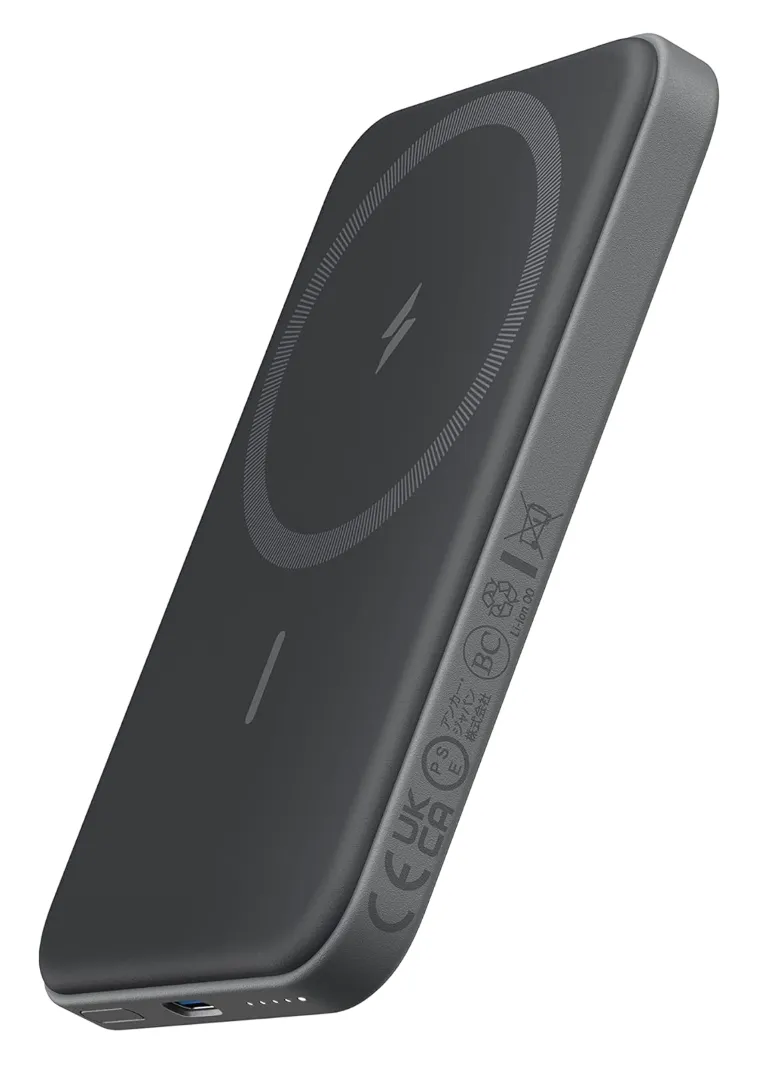





























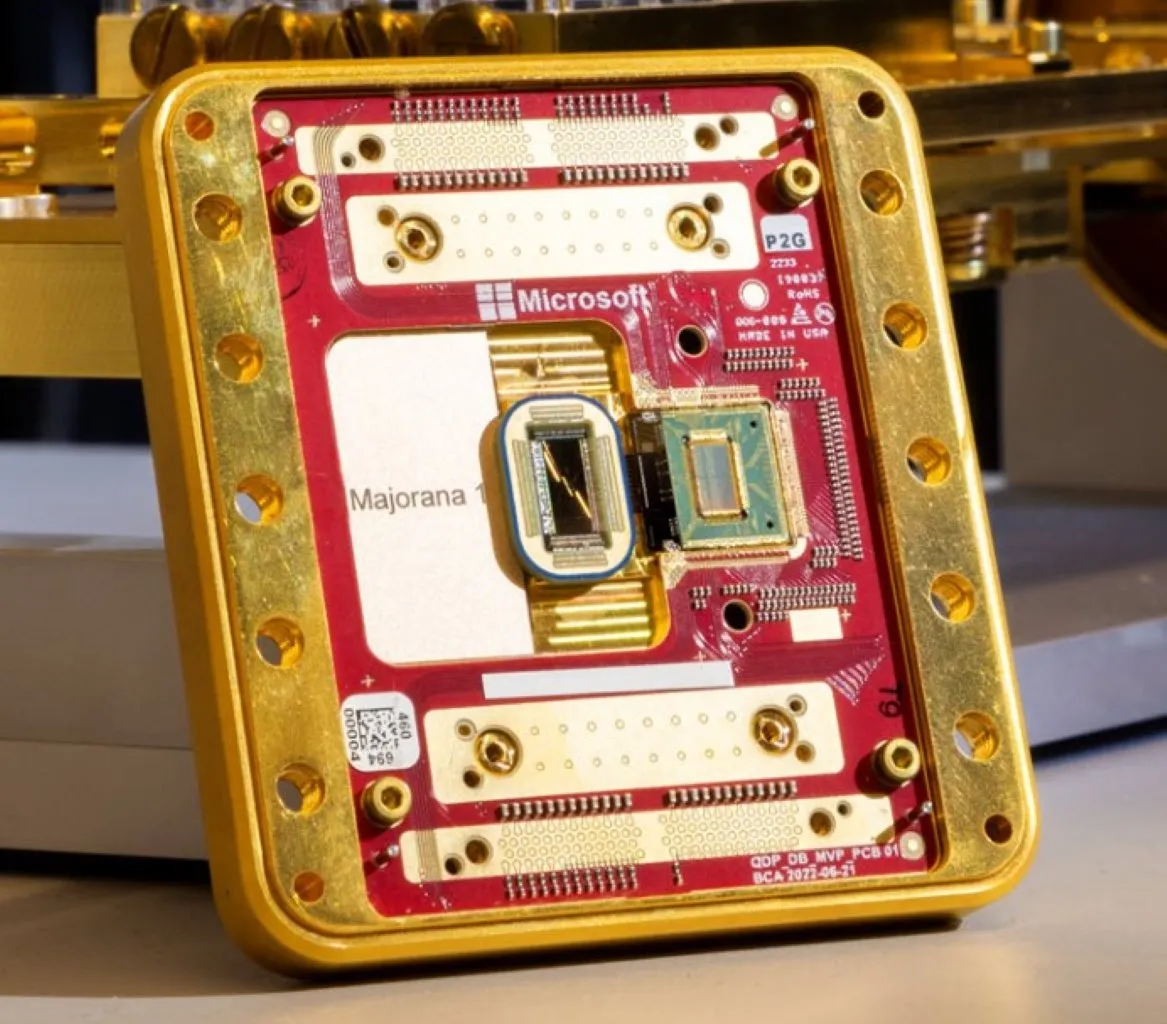





UNBIASED TECH NEWS
AI Reporting on AI - Optimized and Curated By Human Experts!
This site is an AI-driven experiment, with 97.6542% built through Artificial Intelligence. Our primary objective is to share news and information about the latest technology - artificial intelligence, robotics, quantum computing - exploring their impact on industries and society as a whole. Our approach is unique in that rather than letting AI run wild - we leverage its objectivity but then curate and optimize with HUMAN experts within the field of computer science.
Our secondary aim is to streamline the time-consuming process of seeking tech products. Instead of scanning multiple websites for product details, sifting through professional and consumer reviews, viewing YouTube commentaries, and hunting for the best prices, our AI platform simplifies this. It amalgamates and summarizes reviews from experts and everyday users, significantly reducing decision-making and purchase time. Participate in this experiment and share if our site has expedited your shopping process and aided in making informed choices. Feel free to suggest any categories or specific products for our consideration.
We care about your data privacy. See our privacy policy.
© Copyright 2025, All Rights Reserved | AI Tech Report, Inc. a Seshaat Company - Powered by OpenCT, Inc.








